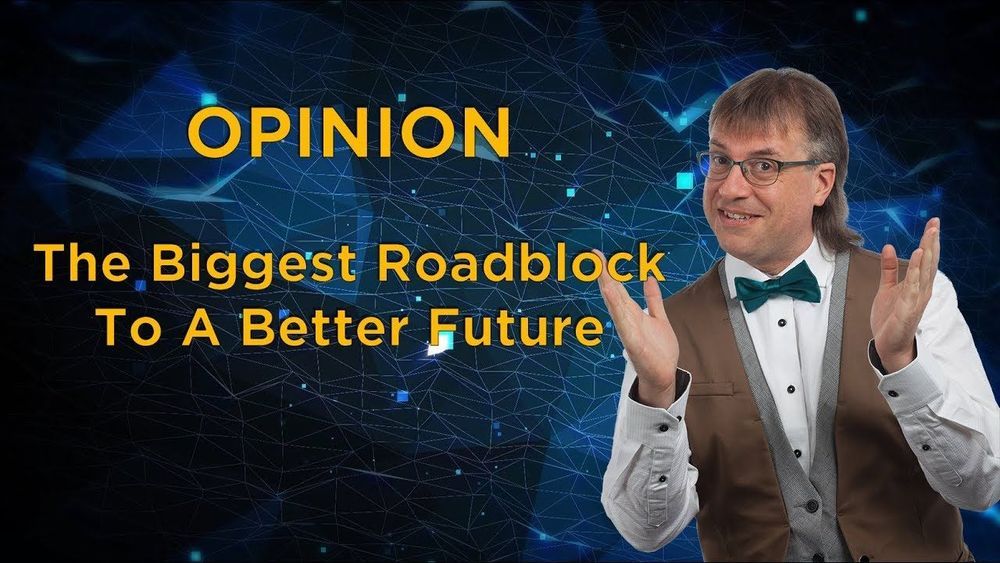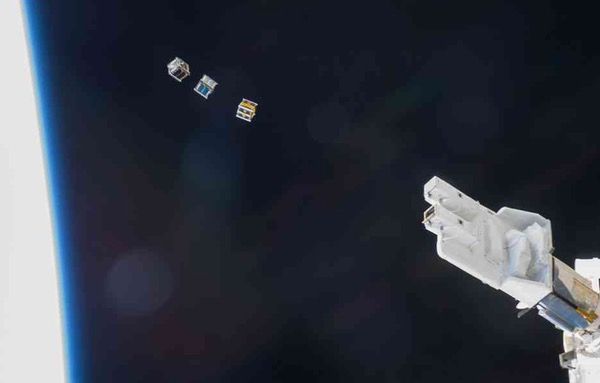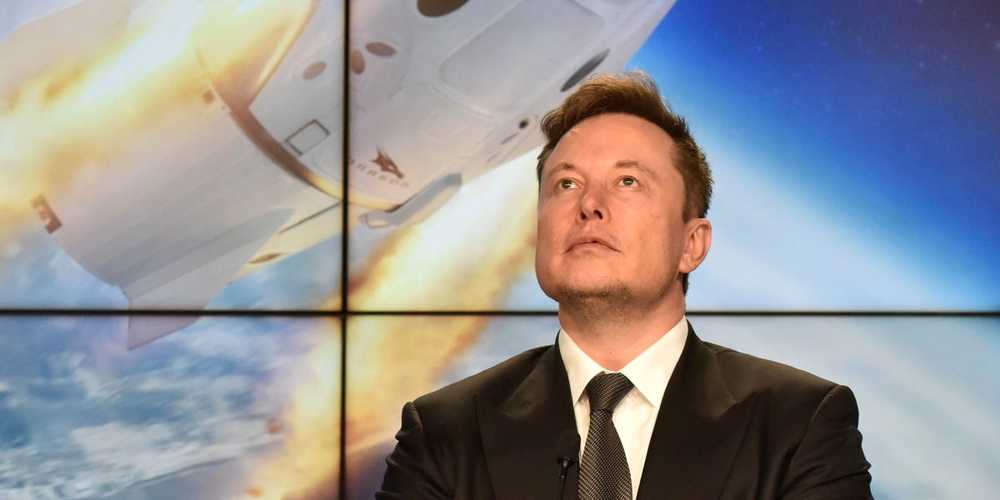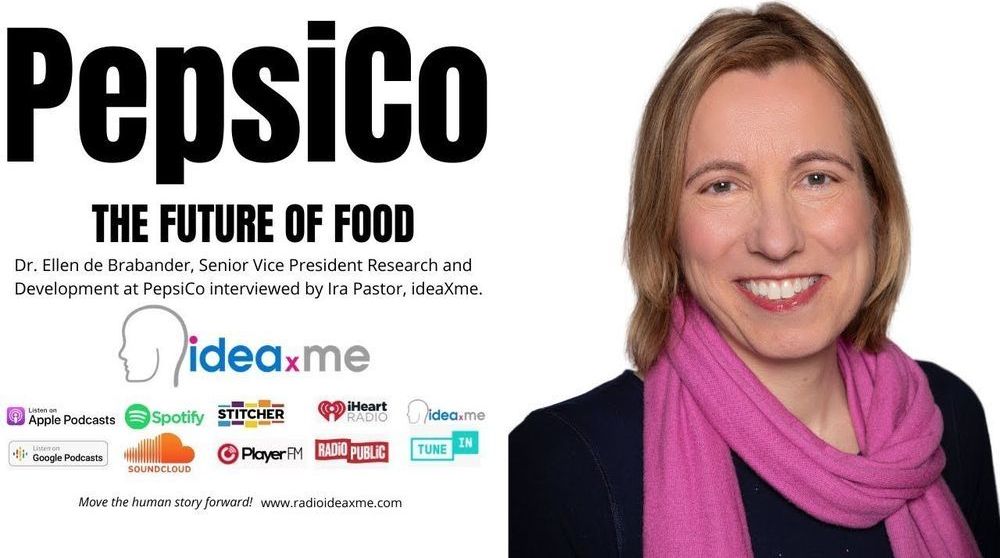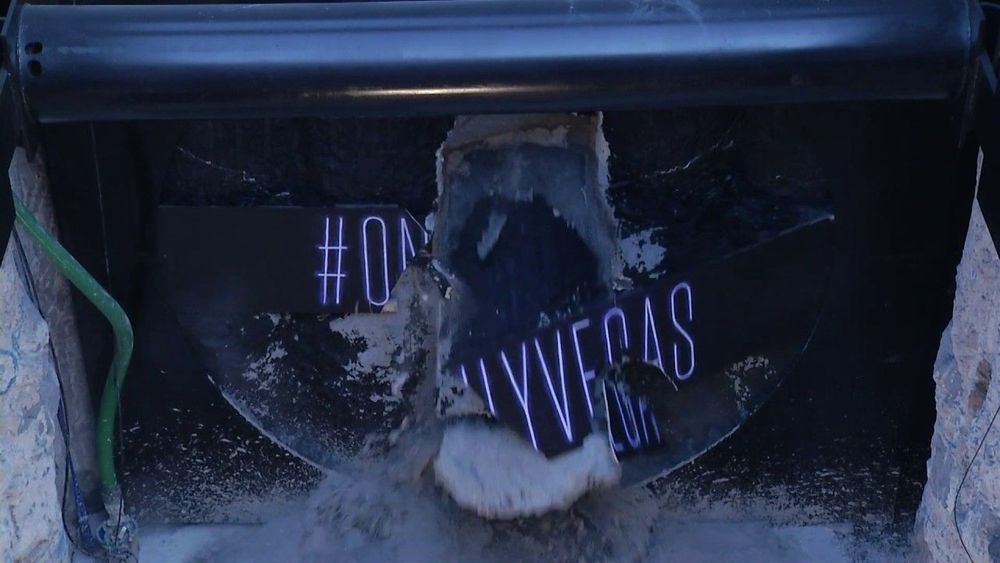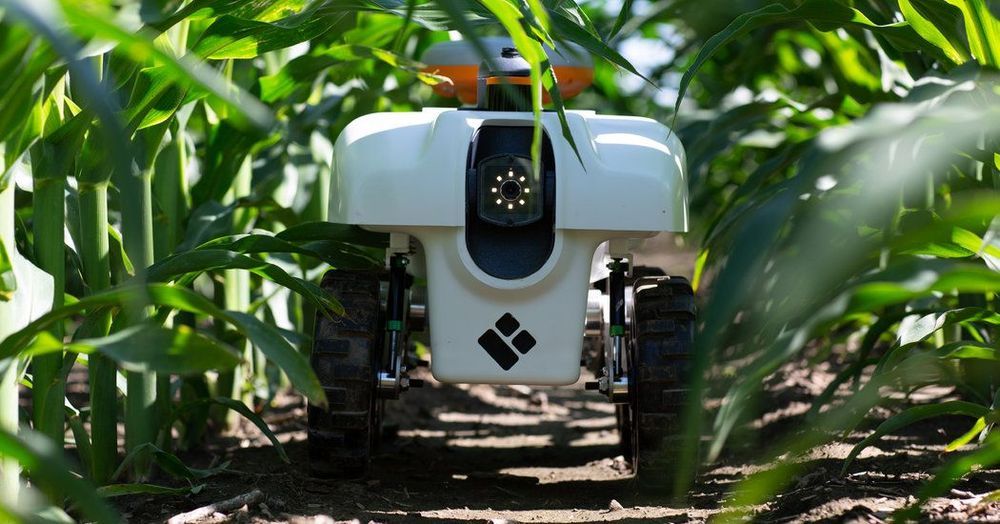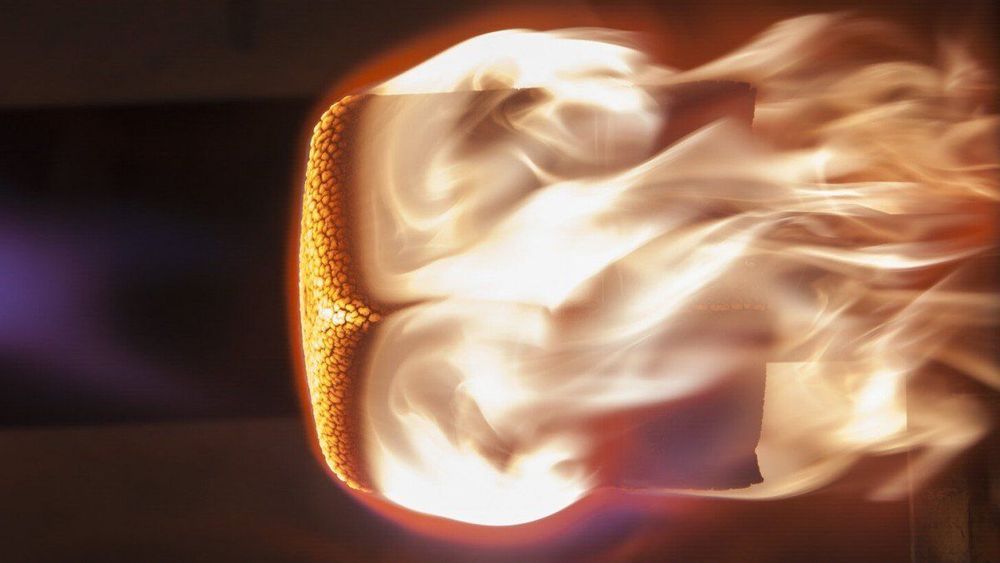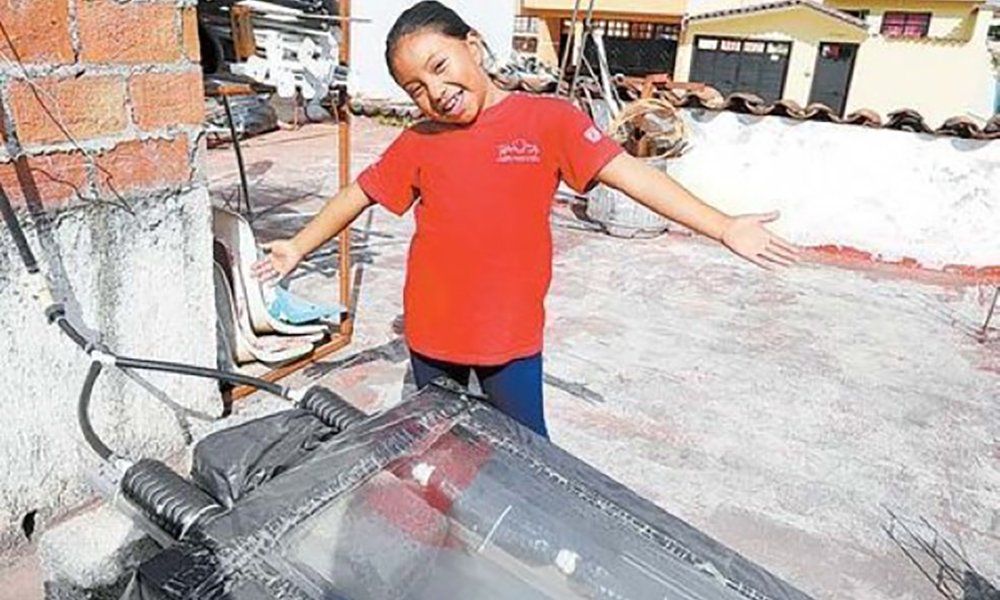Steven Hawking: “I don’t think we will survive another thousand years without escaping beyond our fragile planet.”
Probably the most notable direct result of space exploration is satellites. Once we could position a ship in orbit and take telemetry, we knew we could place unmanned pieces of equipment there and just let it orbit, running on its own, while receiving orders from the ground. From those satellites, we have created a global communication system and the global positioning system (GPS) that powers most of our communications capabilities today. What can bring peace and harmony on the planet more than our ability to communicate with each other beyond geographic and political boundaries? These technologies have been enhancing and saving for years.
Thanks to orbital technologies, we could explore the surrounding universe through orbital telescopes and the International Space Station (ISS). We have been studying the universe through lenses unhindered by the atmosphere. We’ve sent drones to explore the moon, Mars and other astral bodies in our solar system. Just like in the early space race, our engineers found yet more solutions that will improve our Earthly lives.
That is the legacy of space exploration. In 2019, NASA only received 0.49% of the American federal budget to do what it does best. A small amount of tax dollars for a huge return over generations. It’s just not that obvious to most people.
